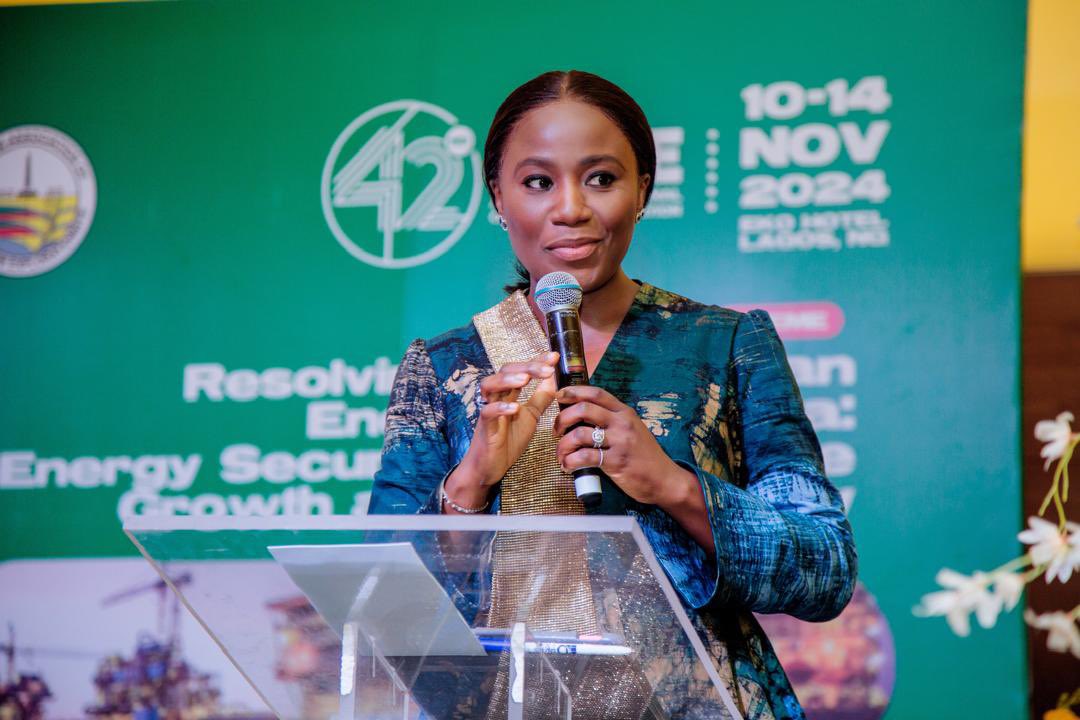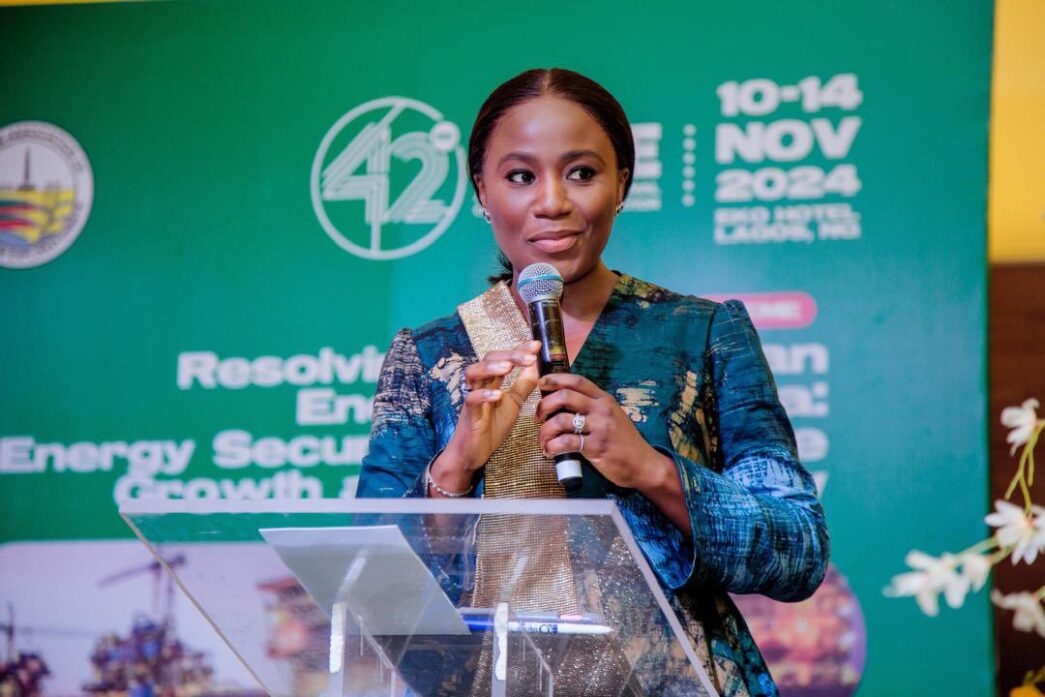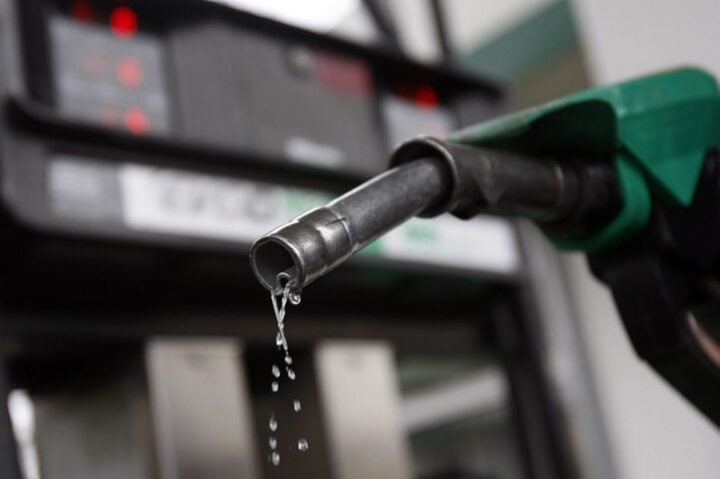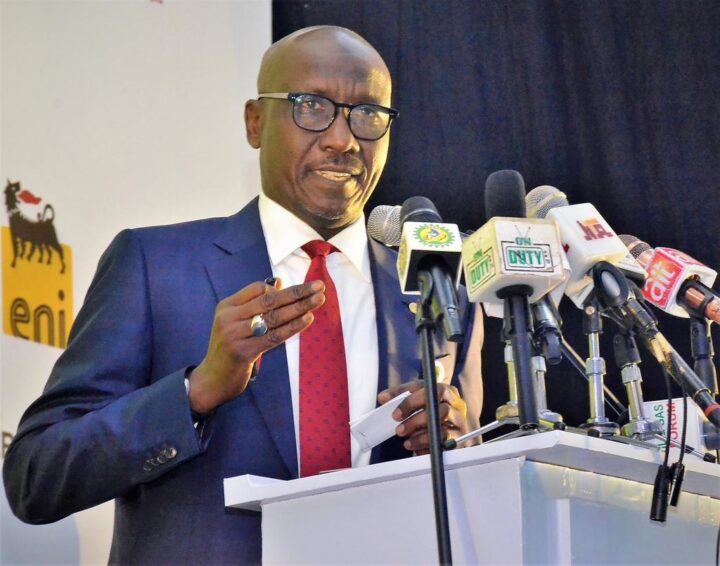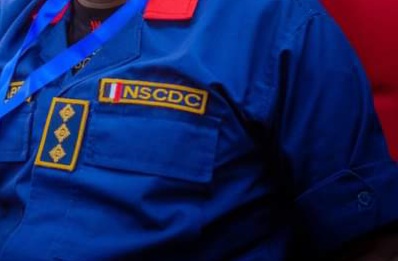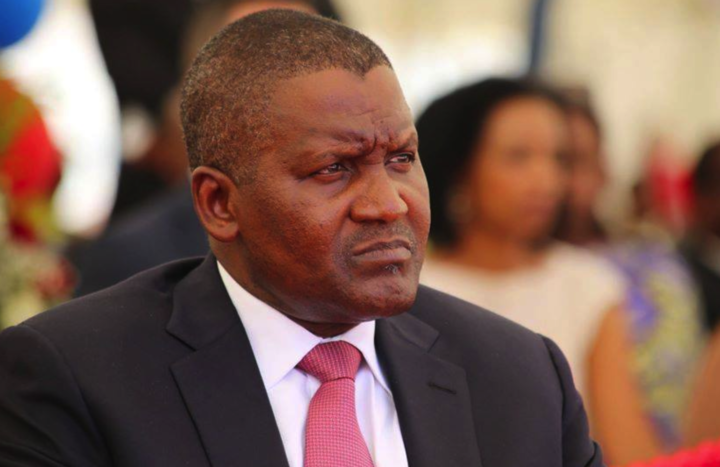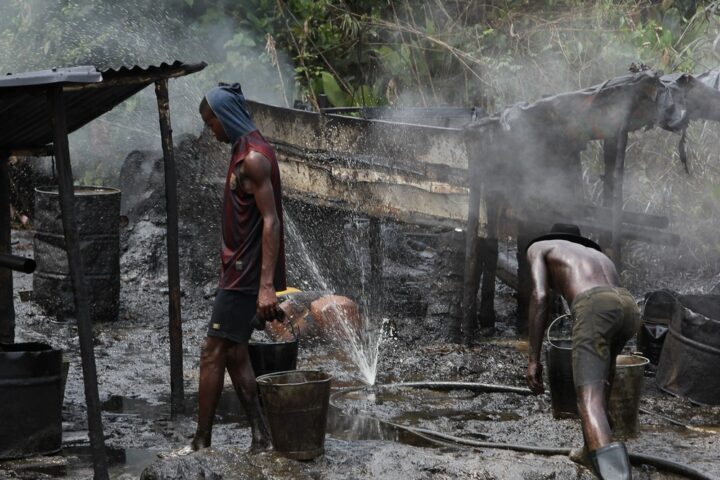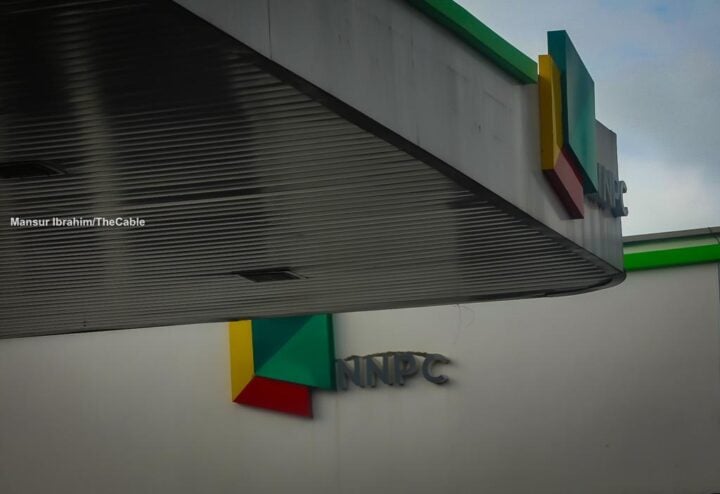Olu Verheijen, special adviser to the president on energy, says Nigeria is now positioned to tap into the global $90 billion financing for deepwater projects.
Verheijen spoke on Wednesday at the 42nd Nigerian Association of Petroleum Explorationists (NAPE) annual international conference and exhibition held in Lagos.
According to the presidential aide, the funding would help the country unlock 1.3 billion barrels of oil equivalent (boe) through five major projects.
This, she said, followed the implementation of a fiscal framework for deepwater upstream projects by the federal government.
Advertisement
“For deepwater gas, We have gone from a total absence of a fiscal framework to now having one for the first time in our history,” she said.
“Nigeria’s deepwater oil projects now deliver competitive returns. Nigeria has now moved from bottom quartile of 13 indexed countries to top three.
“We are now positioned to tap into $90 billion in financing that will be available for deepwater projects around the world, by IOCs that are already operating in Nigeria.
Advertisement
“Accessing 20 percent of this, would be more than enough to bring 5 major deepwater projects on-stream, unlocking 1.3 billion barrels of oil equivalent (boe).”
Verheijen said the country is preparing for its first final investment decision (FID) on a greenfield deepwater development since the last one, named Egina, in 2013.
She said the government expects investment momentum to quicken in 2025, indicating “beyond doubt that Tinubu’s energy reform agenda is truly revolutionary”.
“Our challenges are addressable, and fixable. All these new investments will have major implications for the Nigerian economy,” Verheijen said.
Advertisement
“The foreign exchange inflows will help with exchange rate management and macroeconomic stability; local economies will benefit from the increased spending on construction and hiring; skill-building and technology transfer will take place.
“Importantly, with the industry infrastructure being developed, each new investment will ensure that subsequent projects are possible at lower costs and with the guarantee of greater returns – creating a virtuous cycle of new investments.”
Verheijen said the country “moved first to address the security challenges affecting onshore oil and gas”.
“We worked with the Office of the National Security Adviser (ONSA) and key operators to develop and issue data-driven, targeted security directives,” she said.
Advertisement
“These directly improved the uptime of Trans Niger Pipeline in the east of Niger Delta.”
The presidential aide said presently, all operating companies along the TNP can produce into the major trunkline.
Advertisement
Add a comment
